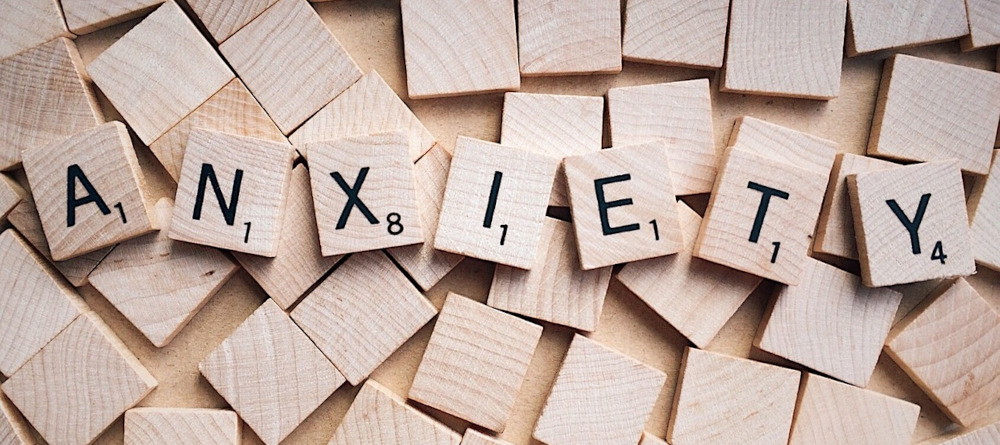Iron Deficiency and Panic Attacks

As improbable as it may seem, the feelings of dread, abject fear, tightness in the chest and heart palpitations that accompany a typical panic attack could be the result of an iron deficiency.
How is this possible?
Our bone marrow needs iron to create the substance hemoglobin, which makes red blood cells red and delivers oxygen from the lungs to every cell in the body, including brain cells.
It’s no secret that an iron deficiency can cause cognitive impairment and neurodegeneration, and not just in infants and children; some of the resulting neurological syndromes are mistaken for psychiatric conditions.
Also, according to the National Heart Lung and Blood Institute, “In some cases, low iron levels can lead to irregular heartbeats or arrhythmias.”1 And these can trigger a panic attack, especially if one believes that they might be having a heart attack.
A Simple Cure
The good news is, if one’s panic attacks are being caused by an iron deficiency, once their iron levels are back in the normal range the panic attacks and their preceding symptoms should cease.
A simple ferritin test can determine whether or not one’s iron levels are below normal. If one is found to be iron deficient, it’s easy enough to include more iron-rich foods in one’s diet and/or take an iron supplement.
Some people become so iron deficient, before being diagnosed as such, that they require intravenous iron treatments because dietary changes and supplements alone won’t work quickly enough to prevent (possibly irreversible) damage to the brain and body. Intravenous iron treatments are usually very effective, but if they’re not, chances are, the patient has bigger problems than iron-deficiency-triggered panic attacks.
How Much Iron Do We Need?
How much iron one needs is determined by age and gender. Once a girl hits puberty and begins menstruating, she requires more iron than males of all ages; this only changes once she’s completed menopause. After menopause, men and women have the same iron requirements.
The following numbers come from the CDC (Centers for Disease Control and Prevention):
- Infants 7-12 months old – 11mg per day
- Children 1-3 years old – 7mg per day
- Children 4-8 years old – 10mg per day
- Children 9-13 years old – 8mg per day
- Males 14-18 years old – 11mg per day
- Females 14-18 years old – 15mg per day
- Males 19-30 years old – 8mg per day
- Females 19-30 years old – 18mg per day
- Males 31-50 years old – 8mg per day
- Females 31-50 years old – 18mg per day
- Males 51-70 years old – 8mg per day
- Females 51-70 years old – 8mg per day
- Males >70 years old – 8mg per day
- Females >70 years old – 8mg per day
- Pregnant women 14-50 years old – 27mg per day
There are other physiological triggers for panic attacks, including Mitral valve prolapse, hypoglycemia, hyperthyroidism, withdrawal from certain medications, use of stimulant drugs and even caffeine, but iron deficiency is a common, yet often overlooked, cause of panic attacks that sufferers would be wise to keep in mind as they seek an end to their suffering.
Love what you’re reading? Don’t miss out on future articles! Subscribe for updates on our latest posts and our bi-monthly newsletter.
Sign up now—no spam, just good vibes and holistic health insights delivered straight to your inbox!
1 Boehlke, Julie. “Can Iron Deficiency Cause Psychology Problems?” Livestrong, April 26, 2015. Web.
“Iron Dietary Supplement Fact Sheet”. National Institutes of Health, n.d. Web.
Alpert MA, Mukerji V, et al. “Mitral valve prolapse, panic disorder, and chest pain”. The Medical Clinics of North America, September 1991. Web.
Neuman, Fredric, MD. “Conditions Linked to and Confused With Panic Disorder”. Psychology Today, May 3, 2014. Web.
Miller, Magnolia. “Heart Palpitations, Panic Attacks, Anxiety & Thyroid Dysfunction”. Healthline, January 24, 2013. Web.
